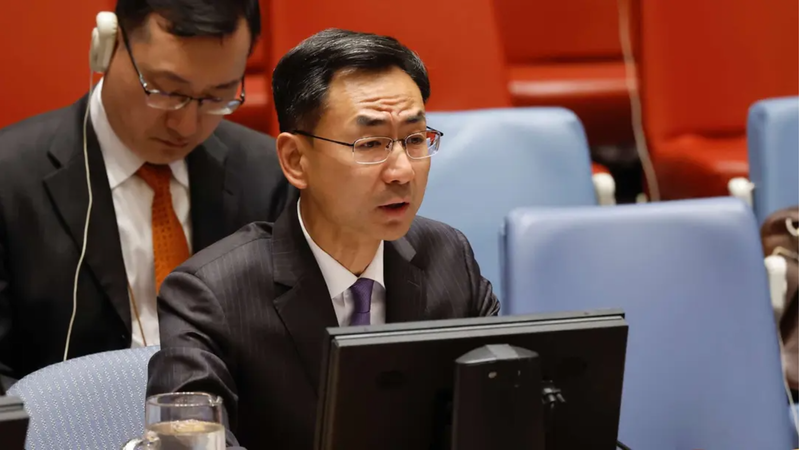Australians Arrested Over Alleged Sri Lankan Bribes
Two Australian men, aged 67 and 71, were arrested last month on charges of bribing Sri Lankan officials to secure infrastructure contracts that are worth millions of dollars.

Facts
- Two Australian men, aged 67 and 71, were arrested last month on charges of bribing Sri Lankan officials to secure infrastructure contracts that are worth millions of dollars.
- The men, working for Australia-based engineering company SMEC International Pty Ltd., allegedly arranged for bribes of more than $190K to government officials between 2009 and 2016. This was reportedly in pursuit of two Sri Lankan projects worth roughly a combined A$14M ($8.8M).
- The arrests, made by Australian Federal Police, came after years of collaboration with multiple national and international groups. This included the Australian Securities and Investments Commission, Sri Lanka Police Service, Canadian Mounted Police, and the US FBI.
- SMEC, formed in 1949 under the original name Snowy Mountains Engineering Corporation, was temporarily barred in 2017 by the World Bank from bidding on contracts in Sri Lanka, Bangladesh, and India, citing "inappropriate payments."
- The two suspects are set to appear in court on Tuesday and, if found guilty, face a maximum sentence of 10 years in prison.
Sources: BBC News, Asian Herald, Indiablooms, and Adaderana.
Narratives
- Establishment-critical narrative, as provided by Age. Corporate corruption schemes like this are far too common in Australia, and it's sadly not surprising that it took this long for charges to be brought. Even when Australian authorities look into corruption, they usually lack the resources and legal means to perform a thorough investigation. This company shamefully took corrupt actions on projects throughout the Global South.
- Pro-establishment narrative, as provided by AFP. The Australian Federal Police have successfully brought this years-long international investigation to a close. Australia won't stand for corruption by companies vying for important government contracts. Canberra knows that this behavior hurts national security and competition, and is harmful to developing economies and anti-poverty campaigns.






